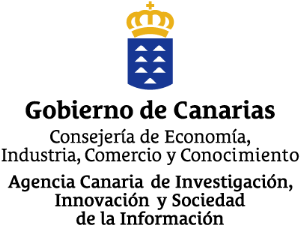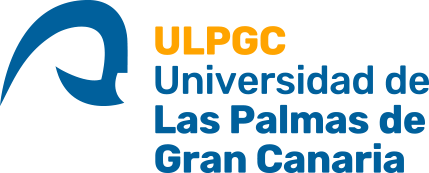.jpg)
ABOUT METOSERECO
METOSERECO, (acronym of the project: "Towards a new methodology for the study of ecosystem functions and services of underwater habitats") is a project funded by the Canary Islands Agency for Research, Innovation and Information Society (ACIISI) of the Government of the Canary Islands, and will run until 30 December 2022.
The METOSERECO project is based on the gearing of needs between the need to generate ecological knowledge and the availability of new tools in marine robotics.
The development of underwater robotics presents an opportunity to increase the spatial and temporal dimension in the area of scientific research, in the measurement of associated ecosystem functions and services, as in the case of vegetated marine habitats; these ecosystems pivot around the structure and function of so called "founder species".
The project involves Dr. Fernando Tuya, as principal investigator, and Professor Ricardo Haroun, from the University Institute of Sustainable Aquaculture and Marine Ecosystems (ECOAQUA) of the ULPGC, in collaboration with Jorge Cabrera Gámez, Antonio C. Domínguez Brito and Daniel Hernández Sosa, from the University Institute of Intelligent Systems and Numerical Applications in Engineering (IU-SIANI) of the ULPGC.
Project Objective
The overall purpose of METOSERECO is to understand how it works the spatio-temporal configuration in the distribution and structure of two priority marine habitats for conservation in the Canary Islands in terms of conservation: seagrass meadows and rhodolith beds (free living calcareous algae), which are integrated into European environmental projection and conservation regulations.
Their study influences the provision of two associated ecosystem functions and services ("provisioning" and "regulating"): carbon and oxygen fluxes (primary production supply service), nitrate and dissolved organic matter fluxes (nutrient regulation service).
For this purpose, the researchers involved in this project have designed a low-cost profiling device (fixed point) with the capacity to obtain geo-referenced environmental data throughout the water column, in whose unit low-cost sensors are integrated for the continuous recording of physico-chemical variables.






